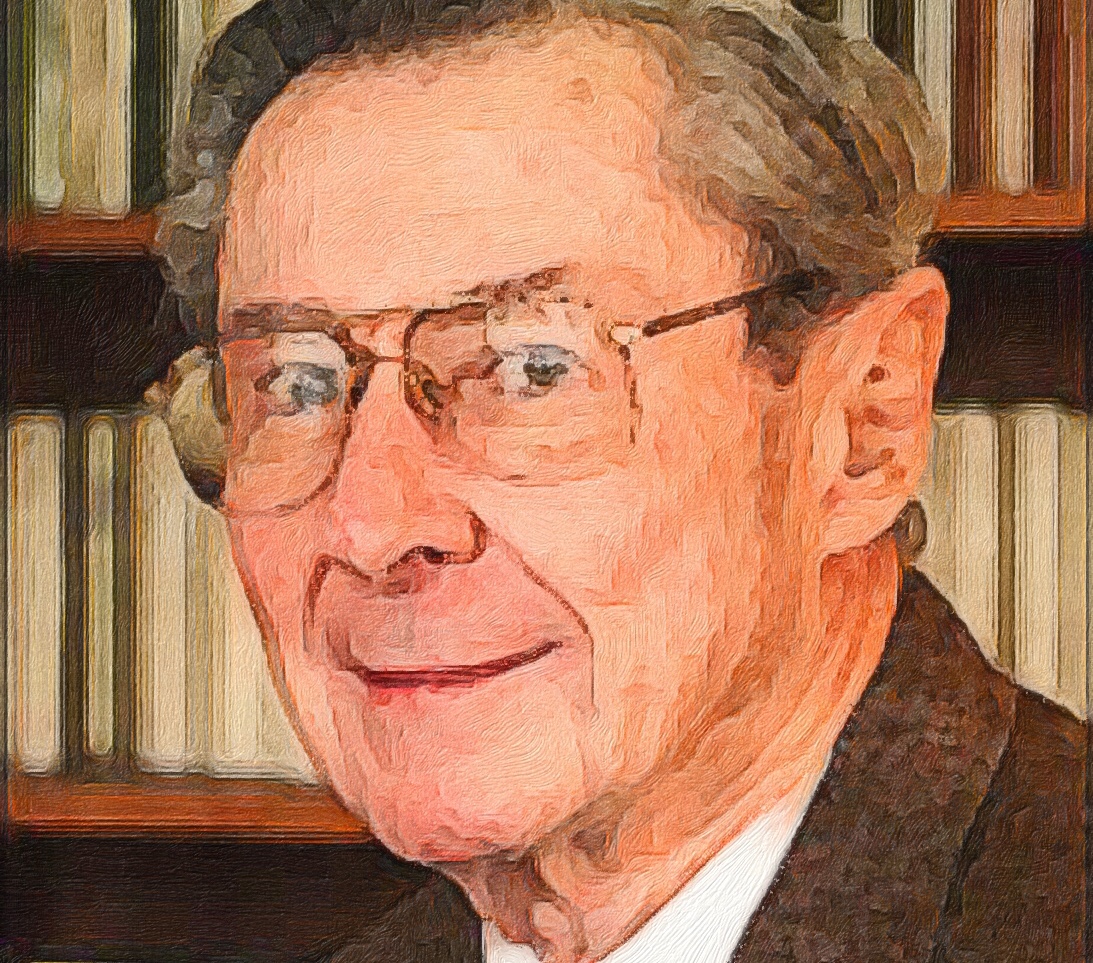But more was involved in the Russian Revolution of 1991 than a change of institutions, however basic; at the heart of the transformation was a change in the defining ethos of life: viz., the abandonment of the Idea of
Socialism. To understand the significance of this, Aristotle is really more helpful than all the social science of the behavioral age. In the Politics, the economy and the polity are viewed as part of ethics. In other words, ethics gives purpose, the final cause, or what would now be called, in functional terms, the value system of a society, that which lends meaning to each of its institutions, and indeed makes it possible for them to function at all. And this ethical purpose must be transcendent to any one of its particular manifestations. nbsp;. .. . . the [socialist] system can be held together, in its ascending phase, only so long as the socialist Myth is credible, that is, while its realization still lies in the future. Once socialism has been built, however, the Myth is transformed by the results it has produced into the Lie. . . . it was only a question of time before the internal contradictions of the impossible enterprise of ‘building socialism’ worked themselves out in the total discrediting, and hence the brusque abandonment, of the system.
In short, there is no such thing as socialism, and the Soviet Union has built it. When a disastrously noncompetitive performance at last made this paradox apparent, the whole institutionalized fantasy of ‘really existing socialism’ vanished into thin air.
Martin Malia, “From Under The Rubble, What?” Problems of Communism, January-April 1992.
Categories
Martin Malia

1 reply on “Martin Malia”
Martin Malia was forgetting the Globalist, Jewish, Gramsci-esque, Alinsky-esque, Frankfurt School, etc. dedication to using socialism, failed or not, to work their evil wills and to achieve their evil ways. The fruits of Socialism and all similar forms of tyranny – all manifestations of chronic human sin – is not going away simply because of obvious evidence against it. The idealist, Aristotle, a non-Christian, had no tools to deal with the fact of human, Adam-related sin while composing his theories on ethics thus missing the bigger and true picture. Yes, evil can be hugely minimized thru jointly and nationally-held Christian worldview dedication, but it won’t be via the weaker axioms and tenets of Aristotle. Interestingly, Thomas Aquinas was supposed to be the one to harmonize Aristotelian thought with Christianity. He tried, but in the end realized that such was impossible and died realizing that such was the case.